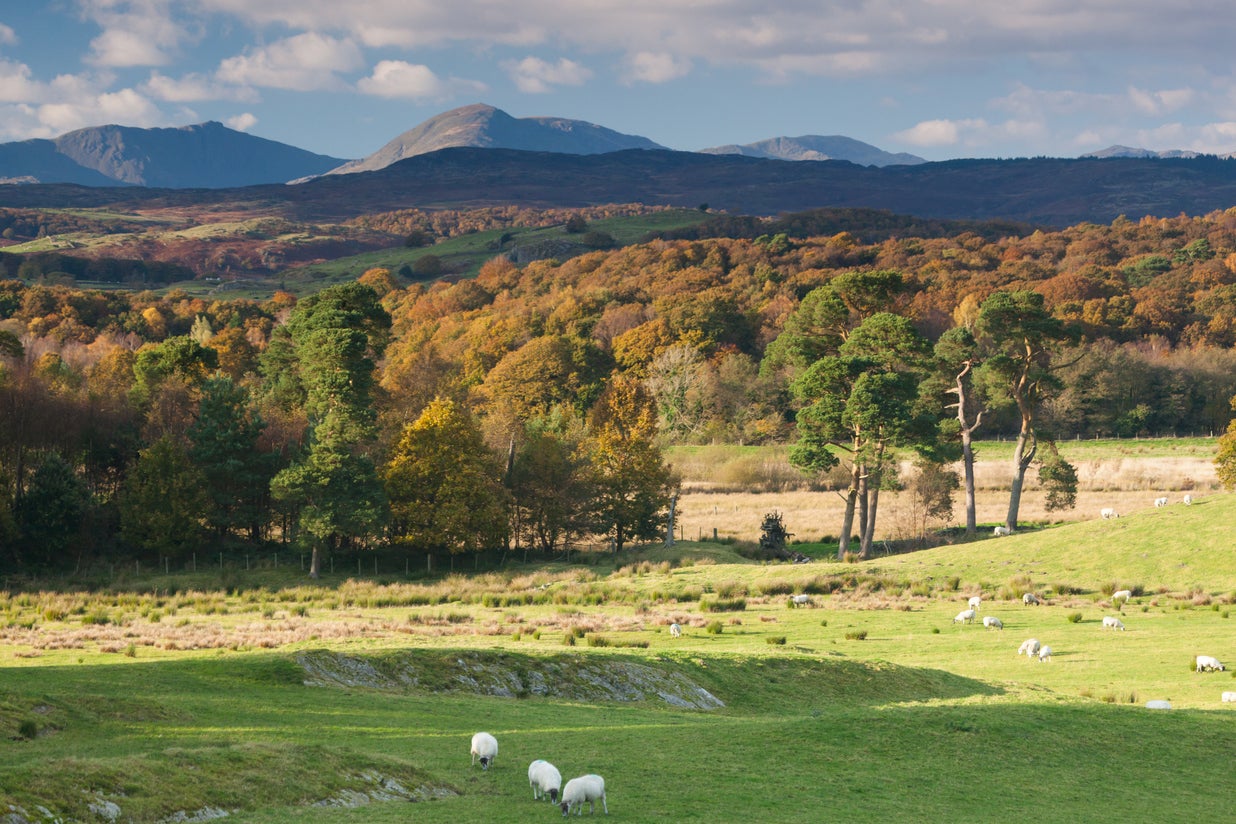Lake District at risk due to climate change and onslaught of pandemic walkers
‘The erosion is happening faster than I’ve ever seen it happen before,’ says National Trust leader

The Lake District is at risk from erosion after a surge in the number of walkers there during the pandemic, and extreme weather caused by climate change, according to ecologists.
Natural flora is being destroyed, while some two metre-wide paths have become “at least 12 metres wide,” ecologist Joanne Backshall, leader of the National Trust programme Fix the Fells, told The Guardian.
“Everywhere is busier than I’ve ever seen it before: the roads, the car parks, the shops, cafes, but also on the countryside, the paths - there are more people than I’ve ever seen before,” she said. “And the erosion is happening faster than I’ve ever seen it happen before.”
Set up 20 years ago in response to “unsightly scars” on the Unesco World Heritage Site, such as 30 metre-wide gullies, Fix the Fells tends to 400 miles of paths with the help of 26 rangers and 110 volunteers.
Some £10m has been spent on repairing paths and undoing damage from erosion over the last two decades, according to the National Trust, which claims another £5m is needed for the next 10 years.
As well as the uptick in walkers eroding paths, climate change is also taking its toll on the landscape, according to Backshall.
She says that erosion scars seen 20 years previously are at risk of opening up “very quickly” due to “the sheer numbers of people and also because of the severe weather events we have due to climate change.”
Erosion has already led to sediment washing off the hills and collecting in lakes and rivers, which impacts on birds’ breeding habitats.
“People love the Lake District scenery; they love the Lake District environment,” said Backshall.
“We just want to keep looking after it so that people can keep enjoying it into the future.”
Subscribe to Independent Premium to bookmark this article
Want to bookmark your favourite articles and stories to read or reference later? Start your Independent Premium subscription today.

Join our commenting forum
Join thought-provoking conversations, follow other Independent readers and see their replies